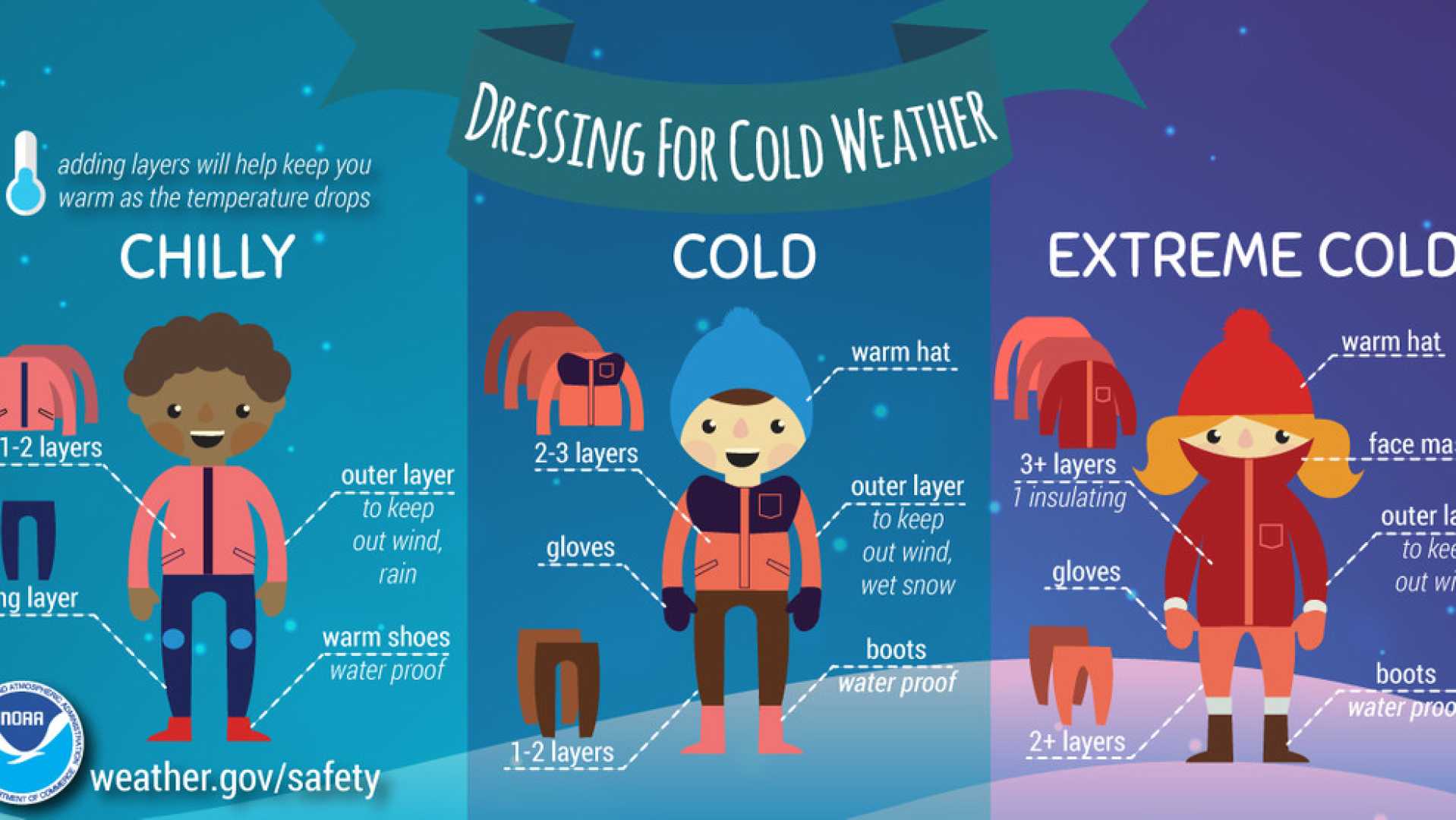Health
Winter Illness Surge: How to Protect Yourself from Flu, COVID-19, and More

WASHINGTON — As winter tightens its grip, health officials warn of a surge in respiratory and stomach viruses, including flu, COVID-19, and norovirus. With cold, dry air weakening immune defenses and increased indoor gatherings, experts emphasize the importance of preventive measures to stay healthy during the season.
Respiratory illnesses like the flu and COVID-19 share overlapping symptoms, including fever, cough, and fatigue, making it difficult to distinguish between them without testing. Norovirus, a highly contagious stomach bug, spreads through contaminated surfaces and causes vomiting, diarrhea, and stomach pain for one to three days. The common cold, caused by various viruses, typically lasts less than a week with symptoms like a runny nose, congestion, and sore throat.
“Rigorous and frequent handwashing — with soap — is crucial to reduce the spread of norovirus, colds, flu, and COVID-19,” advises the U.S. Centers for Disease Control and Prevention (CDC). The agency recommends scrubbing hands for at least 20 seconds, especially after using the bathroom or handling food. When soap and water are unavailable, hand sanitizers with at least 60% alcohol can serve as a temporary alternative.
For those battling norovirus, immediate cleaning of contaminated surfaces is essential. The CDC recommends using a chlorine bleach solution to disinfect areas exposed to vomit or feces. Clothing should be washed in hot water with detergent, followed by thorough handwashing. Similarly, high-touch surfaces like doorknobs, light switches, and cellphones should be regularly cleaned with soap-based products and sanitizers to prevent the spread of colds and flu.
Respiratory viruses, including COVID-19, primarily spread through airborne droplets. The CDC advises covering coughs and sneezes with tissues, followed by handwashing, and recommends wearing N95 or medical-grade masks in crowded areas. Avoiding touching the face with unwashed hands is another critical step to prevent infection.
Vaccination remains a key defense against COVID-19 and the flu. Updated COVID-19 vaccines are available for individuals aged 6 months and older, while flu shots are recommended for everyone. For those 60 and older or pregnant, the RSV vaccine is also an option. However, there are no vaccines for norovirus or the common cold.
Maintaining a strong immune system through adequate sleep, hydration, and stress management is vital. If symptoms arise, prompt testing can determine whether COVID-19 or flu treatments like Paxlovid or Tamiflu are needed. For colds and flu, rest, fluids, and pain relievers can alleviate symptoms. Norovirus requires rehydration with water and other liquids, with medical attention sought for severe dehydration.
“If you’re symptomatic, stay at home to keep from getting others sick,” emphasizes the CDC. As the winter illness season peaks, these preventive measures can help individuals navigate the challenges of staying healthy.
AP Medical Writer Carla K. Johnson contributed to this report. The Associated Press Health and Science Department receives support from the Howard Hughes Medical Institute’s Science and Educational Media Group and the Robert Wood Johnson Foundation. The AP is solely responsible for all content.












